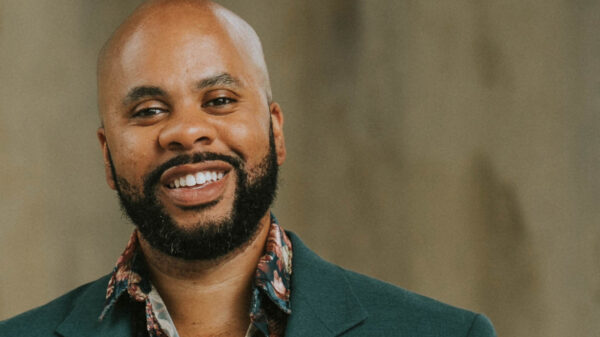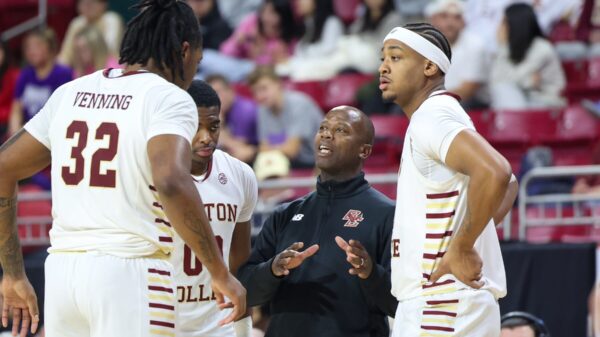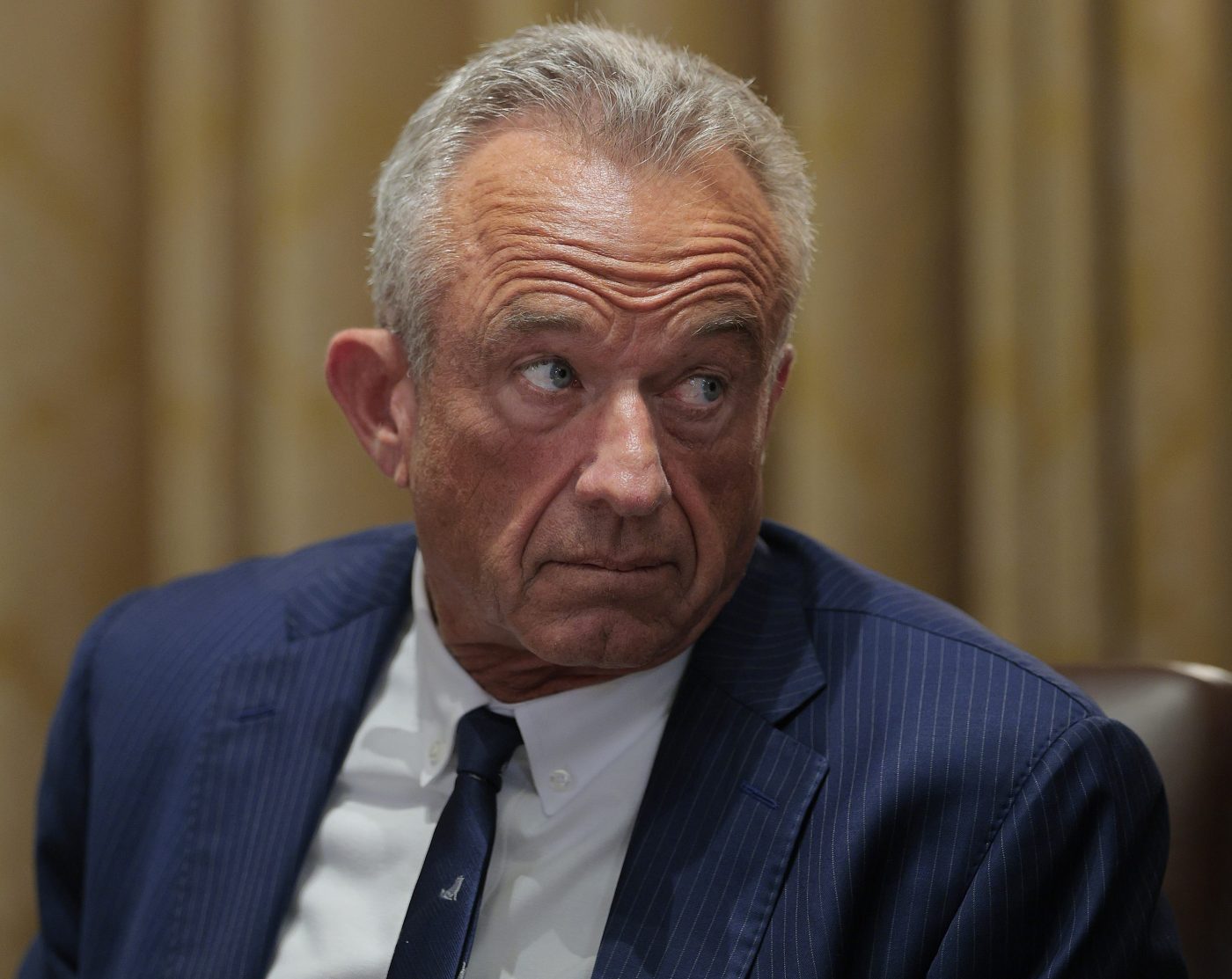UPDATE: Health Secretary Robert F. Kennedy Jr. is facing a rigorous examination by the Senate Finance Committee today, as he confronts mounting criticism over his controversial vaccine policies and significant turmoil within federal health agencies. The hearing, which began this morning, is critical as Kennedy navigates urgent questions about his leadership and recent decisions that have sent shockwaves through the public health community.
Kennedy’s appearance comes on the heels of his abrupt ousting of Susan Monarez, the director of the Centers for Disease Control, after less than a month in office. Monarez publicly claims her dismissal is part of a “deliberate effort” to undermine national health efforts. In a Wall Street Journal opinion piece published just before the hearing, she stated, “Public health shouldn’t be partisan. Vaccines have saved millions of lives under administrations of both parties. I was fired for holding that line.”
As Kennedy seeks to reshape vaccine policies to reflect his skepticism, he faces scrutiny over his management of the Health and Human Services department. Critics assert that his recent decisions, including canceling $500 million in grants for mRNA vaccine development and announcing that COVID-19 vaccines would no longer be recommended for healthy children and pregnant women, could severely impair the nation’s disease prevention capabilities.
More than 1,000 past and current HHS staffers have signed a petition demanding Kennedy’s resignation, highlighting the growing discontent within the federal health ranks. The ongoing turmoil is raising alarms about the potential resurgence of preventable diseases if public health efforts are not adequately supported.
Senator Bill Cassidy (R-Louisiana), who chairs the health panel, is a key figure to watch during the proceedings. Having previously supported Kennedy during his contentious confirmation, Cassidy’s stance may shift as new revelations about Kennedy’s actions surface. Just last week, Kennedy replaced the entire vaccine advisory committee with members who share his skepticism, a move that has raised further eyebrows among public health advocates.
As the hearing unfolds, the implications of Kennedy’s policies are becoming clearer. Critics warn that his actions could jeopardize decades of progress in vaccine safety and efficacy. “If we stay silent, preventable diseases will return,” Monarez cautioned in her op-ed, emphasizing that what Kennedy calls reform may ultimately lead to “sabotage” of public health efforts.
The Senate Finance Committee hearing is ongoing, and developments are expected to emerge rapidly. As Kennedy responds to lawmakers’ questions, observers are eager to see how he will address the mounting concerns over his administration’s impact on public health. Stay tuned for live updates as this situation continues to evolve.





































































